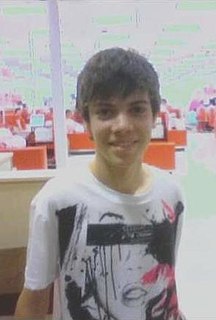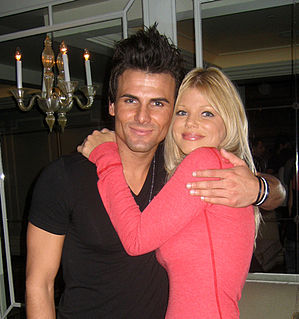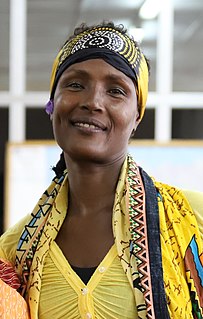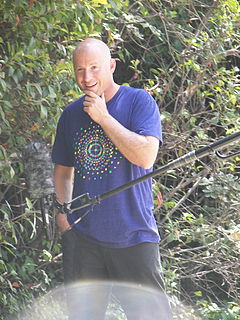A Quote by Saadi
Oman overall has great animal and plant biodiversity because it has mountains, desert, coastal areas and rich coral reefs.
Related Quotes
Coral reefs, the rain forest of the ocean, are home for one-third of the species of the sea. Coral reefs are under stress for several reasons, including warming of the ocean, but especially because of ocean acidification, a direct effect of added carbon dioxide. Ocean life dependent on carbonate shells and skeletons is threatened by dissolution as the ocean becomes more acid.
Are coral reefs growing from the depths of the oceans? ... [The] reply is a simple negative; and a single fact establishes its truth. The reef-forming coral zoophytes, as has been shown, cannot grow at greater depths than 100 or 120 feet; and therefore in seas deeper than this, the formation or growth of reefs over the bottom is impossible.
The apparent physical stability of reefs belies an underlying natural turmoil of growth, death and destruction of calcareous organisms. Much like a modern city, reefs are constantly being rebuilt and torn down at the same time. Corals are the bricks, broken pieces of plant and animal skeletons the sand, and algal crusts and chemical cements the mortar. Reef growth is determined by the production, accumulation, and cementation of all this calcareous stuff into solid limestone.
If you can survive in the desert, you survive anywhere. I know more than anything life in desert. You can tell by looking at the dirt how long ago it rained, how hard it rained, how much water came through. You can by looking at a plant, a tree, from an animal's look. I can read the desert like I read my hand.







































